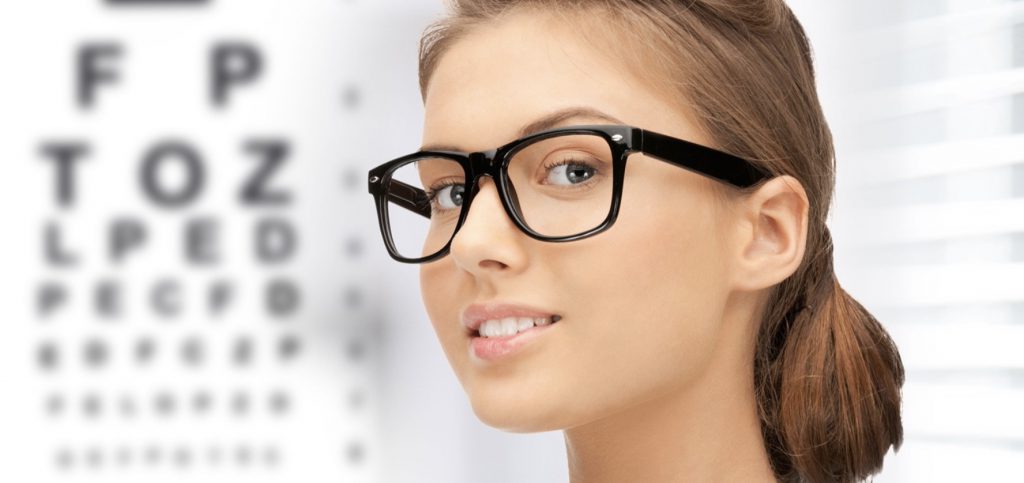Coronavirus, or COVID-19, is understood to transmit through respiratory droplets, such as from the mouth or nose. However, this is not the only way for the disease to spread. You should also be careful of other possibilities, including through the eye. As this could be a way for individuals to contract COVID-19, it’s essential to understand what you can do to protect yourself and whether your eyeglasses offer COVID-19 protection.
Can You Catch COVID-19 Through the Eye?
The John Hopkins School of Medicine, based in Baltimore, found that individuals can pass the Coronavirus from one person to another through the eyes. It discovered that eye proteins, and even tears can carry the virus.
Furthermore, just like the nose and mouth, anyone who carries COVID-19 could also succumb to the virus if they touch their eyes. This could include scratching around the top of their nose near their tear ducts, or wiping or rubbing their eyes.
This is because the ocular surface cells, including conjunctivae, have proven to be susceptible to the virus, which increases the likelihood of transmission between individuals, even without being in close contact. If you touch an infected surface and then touch your eye, there is a possibility that you could contract COVID-19.
How Can Eyeglasses Protect From COVID-19?
Due to the possibility of catching COVID-19 through the eye, your eyeglasses could provide a modicum of protection, but only for direct contact with someone who is not wearing a mask. If they were to sneeze, your glasses could stop the particles from getting directly into your eyes, but there is still a chance that other particles could infect you in the area that is not shielded.
Evidence found in randomized trials confirmed this idea and claims that even with safety goggles, you are not entirely protected.
Can Eyeglasses Increase the Risk of COVID-19?
While there is some weight to the idea that eyeglasses can vaguely protect you from catching COVID-19, there are also arguments that it could increase your risk.
People who wear glasses tend to touch their eyes and the area around their eyes more often than those who don’t. Throughout the day, they consistently adjust and readjust their glasses and take them off to clean them before placing them back on their face.
If someone has come into contact with an infected individual or a surface that houses COVID-19, you could easily pass it onto yourself. The bacteria could get onto your hands and fingers, and then you touch your glasses, which could allow the bacteria to migrate onto your face. You could be especially at risk if you touch the nose pads, as these are close to the tear ducts, which could present an open invitation for the virus to enter your system. The fact that eyeglasses do not provide a protective seal around the eyes also means that you can not trust them to keep you sufficiently protected.
How Can You Protect Yourself If You Wear Glasses?
As there is a chance that eyeglasses could increase the risk of COVID-19 transmission, you can take steps to protect yourself without compromising your vision.

You should regularly wash your hands, especially if you are someone who touches their glasses frequently. If possible, you should try to get out of the habit of touching your glasses so often. Likewise, some people have considered switching to contacts over eyeglasses to solve this. However, while wearing glasses does not provide ideal protection, contact lenses could provide even less.
You can also prevent bringing the virus home with you by wearing a different pair of glasses in the house and around your family than the glasses you wear at the store or work. When you get home, wash your glasses in hot and soapy water to sterilize them and wash your hands.
In Conclusion
To conclude, the jury is still firmly out on whether everyday eyewear, such as eyeglasses, can offer any protection at all from COVID-19. Unlike specialized PPE, glasses do not provide the full coverage around the nose and eye area, which makes them insufficient for protecting anyone from COVID-19.
Furthermore, the consistency in which people wearing eyeglasses would adjust, remove, and replace their glasses can increase COVID-19 transmission risk, especially in public. Because of this, you should not rely solely on eyeglasses to protect yourself or others from Coronavirus.
Instead, it’s recommended to continue to follow current guidelines; keep your distance; wash your hands; wear a mask in public to minimize the risk of contracting the virus, or passing it on, even if you are not symptomatic.
